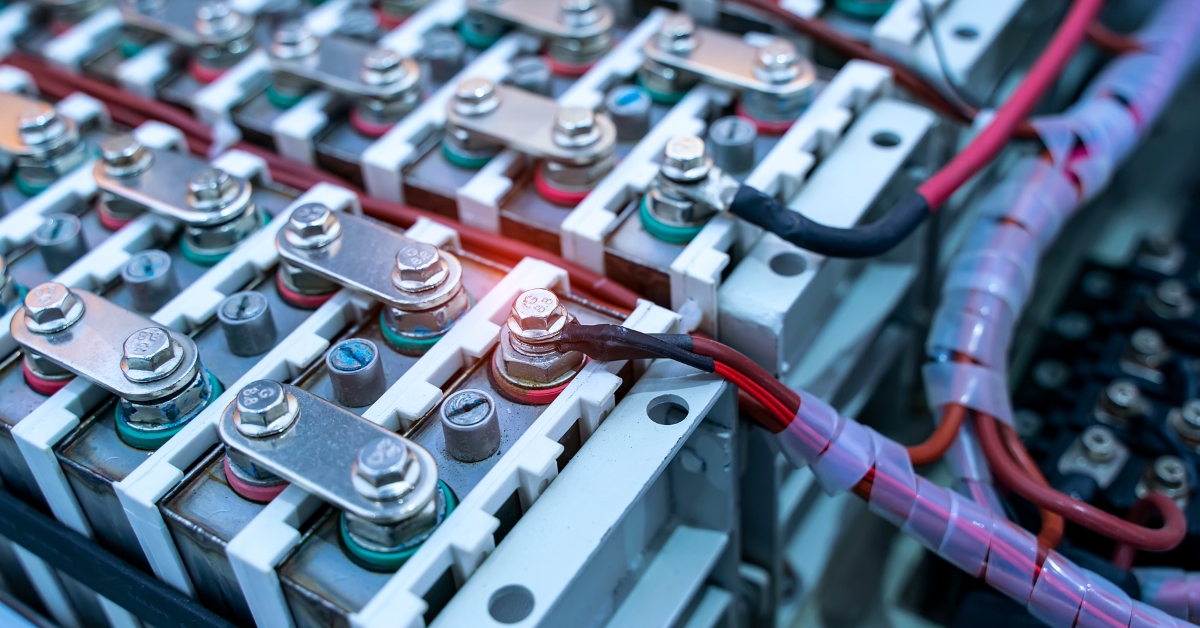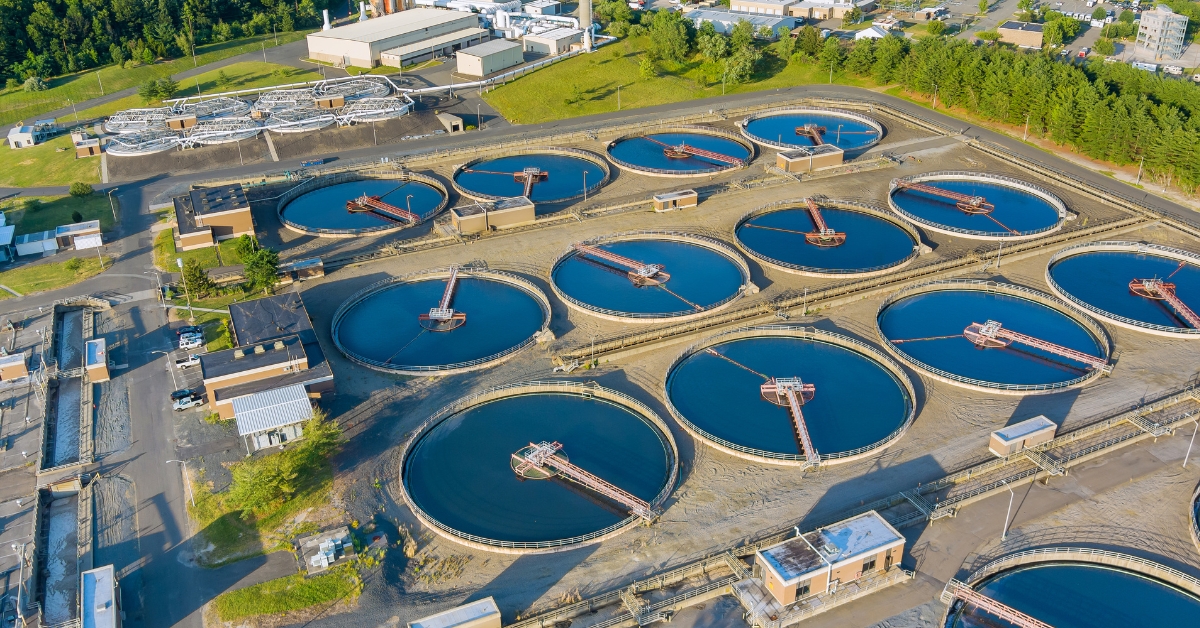
Biden’s $7.5 Billion EV Charging Initiative Hasn’t Produced a Single Operational Charger
President Joe Biden’s grand plan to revolutionize America’s transportation sector through electric vehicles (EVs) has hit yet another roadblock, and this time it’s the elusive promise of nationwide charging infrastructure. Despite Congress allocating a whopping $7.5 billion for this initiative in 2021, not a single charger is operational, leaving Biden’s ambitious EV goals in the dust.
States and the charger industry place blame on the labyrinth of new contracting and performance requirements imposed by the federal government. While over $2 billion has been authorized for distribution, fewer than half of the states have even begun the process of soliciting bids from contractors, let alone breaking ground on construction.
This sluggish rollout not only frustrates electric vehicle owners but also jeopardizes Biden’s lofty objective of having half the vehicles sold in the United States be electric by the end of the decade. As usual, the lack of charging infrastructure remains a significant hurdle for potential EV buyers.
Republicans are seizing on this opportunity to criticize the administration’s mismanagement. Former President Donald Trump, a vocal critic of electric vehicles, has lambasted the subsidies for EVs and the lack of infrastructure to support them. Trump’s skepticism about the viability of EVs and the Biden administration’s failure to address crucial issues like range anxiety resonates with many Americans.
The core of the problem lies in the bureaucracy and red tape that comes with federal funding. The $7.5 billion allocated for EV chargers was supposed to usher in a new era of transportation, but it seems to have created more hurdles than solutions. The National Renewable Energy Laboratory estimates that the U.S. will need 1.2 million public chargers by 2030 to meet demand, a goal that seems increasingly elusive given the current pace.
While administration officials defend the sluggish rollout, citing the complexities of creating a new program in every state, critics argue that this lack of progress is indicative of the government’s inefficiency. Gabe Klein, executive director of the Joint Office of Energy and Transportation, insists that “you have to go slow to go fast,” a claim that rings hollow for Americans waiting for tangible results.
The bulk of the funds, $5 billion, is earmarked for building fast chargers along interstate highways. These chargers are subject to strict standards, such as being operational at least 97 percent of the time and featuring credit card readers for easy payment. Yet, concerns linger about the delays imperiling efforts to drive up EV adoption, as consumers demand more immediate solutions.
Republican opponents in Congress are taking advantage of this bureaucratic quagmire to push back against Biden’s EV agenda. Amendments to transportation spending bills have been proposed to strip funding from charging programs, arguing that the federal government should not be responsible for such initiatives.
The Biden administration remains optimistic, claiming that the slow pace is necessary for creating a reliable and standardized network. However, with each passing day, the skepticism grows, and the possibility of a Republican administration rolling back these efforts in 2025 becomes more plausible.
The lack of progress on EV chargers reflects a broader issue – the Biden administration’s struggle to turn promises into tangible results. Whether it’s infrastructure, immigration, or climate change, Biden’s ambitious plans often seem to evaporate into thin air. Until the administration can demonstrate real progress and deliver on its commitments, the American people will remain rightfully skeptical of the transformative changes promised by President Biden.














